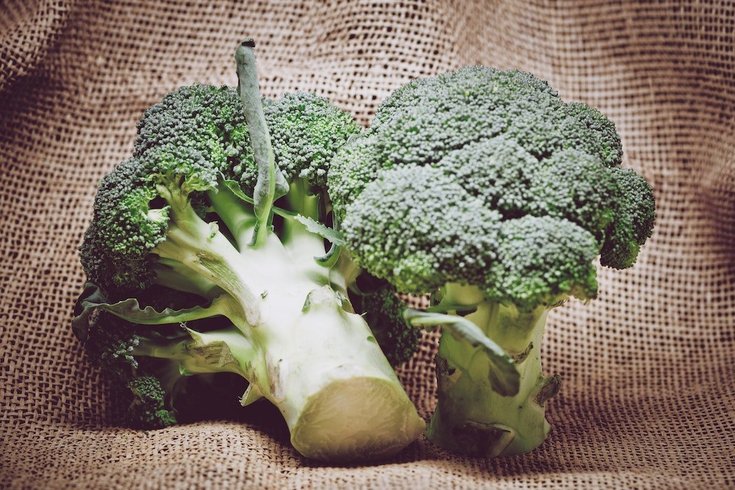
December 05, 2019
 slon_dot_pics /Pexels.com
slon_dot_pics /Pexels.com
Broccoli and other leafy greens are a good source of vitamin K, which helps the body produce a protein needed for blood clotting and bone metabolism.
Vitamin K might not get as much hype as other vitamins, but it still plays an important role in keeping you healthy.
Vitamin K actually refers to a family of compounds that include phylloquinone (vitamin K1) and a sequence of menaquinones (vitamin K2), according to the National Institutes of Health. The body needs both to produce a protein necessary for blood clotting, bone metabolism and maintaining good heart health.
Green leafy vegetables like spinach and broccoli and some fruits are good sources of phylloquinone, and meat, dairy foods and eggs all contain some phylloquinone and menaquinones. Most multivitamin supplements also contain vitamin K.
For adults, the recommended vitamin K daily intake is 120 mcg for men and 90 mcg for women.
Generally, vitamin K deficiency is not a concern for people who eat a healthy, balanced diet. But there are some cases in which vitamin K supplements may be necessary.
Newborn babies can experience bleeding as a result of a deficiency because vitamin K does not travel easily across the placenta. Health experts recommend newborns receive prophylactic vitamin K at birth.
People with a malabsorption disorder, such as cystic fibrosis, celiac disease or uclerative colitis, also can be at risk. People who have have bariatric surgery, also should monitor their vitamin K levels.
The NIH recommends that anyone taking an anticoagulant like warfarin "maintain a consistent intake of vitamin K from food and supplements because sudden changes in vitamin K intakes can increase or decrease the anticoagulant effect." This includes any herbal or omega-3 supplements.
"Vitamin K foods can be included in your diet on a regular basis as long as you are mindful of the portion and keep the overall intake of vitamin K-rich foods consistent," according to Julia Zumpano, a dietitian at the Cleveland Clinic. "If necessary, you can discuss including regular sources of vitamin K in your diet with your doctor in case your warfarin dosage would need to be adjusted."
Besides bleeding and hemorrhaging, low vitamin K levels also can reduce bone mineralization and increase risk of osteoporosis. Deficiences in both K1 and K2 can affect bone health, but K2 appears to have more of a protective effect. Some early research also suggests that vitamin K supplementation may reduce risk of coronary heart disease by preventing the calcification of arteries and veins.
Before making any changes to your vitamin K intake, either through supplementation or changes in your diet, talk to your doctor to avoid any complications to your health.